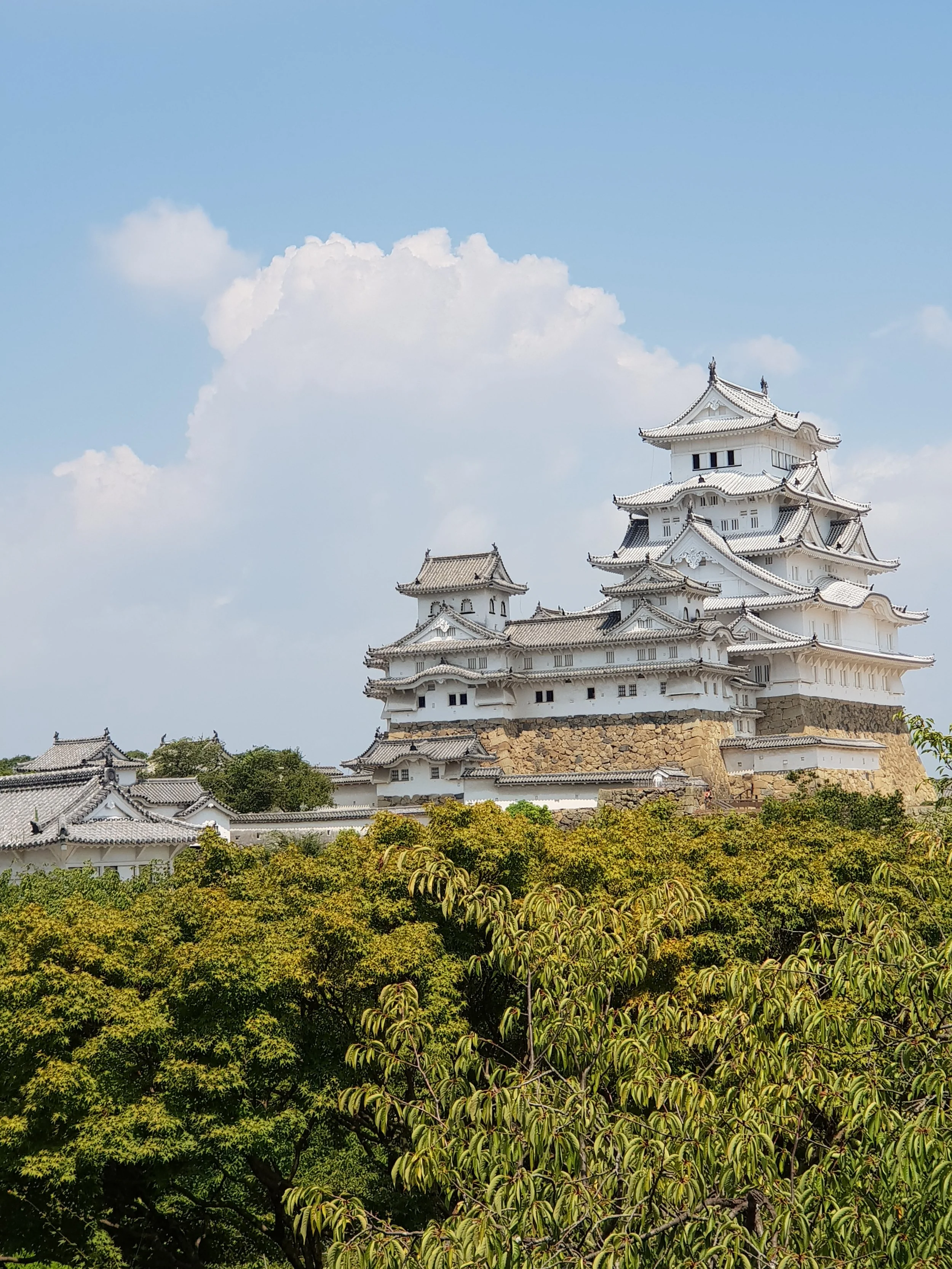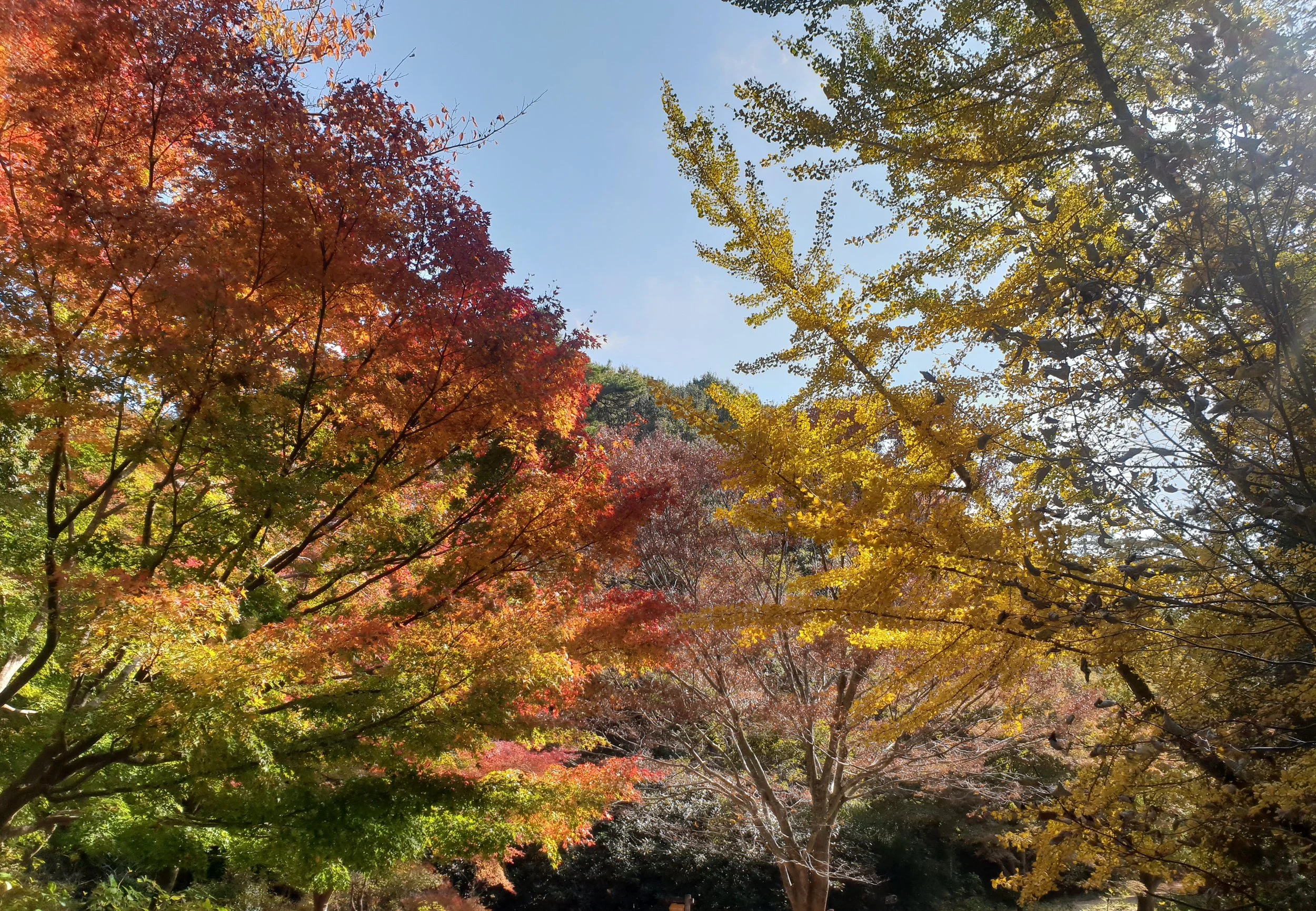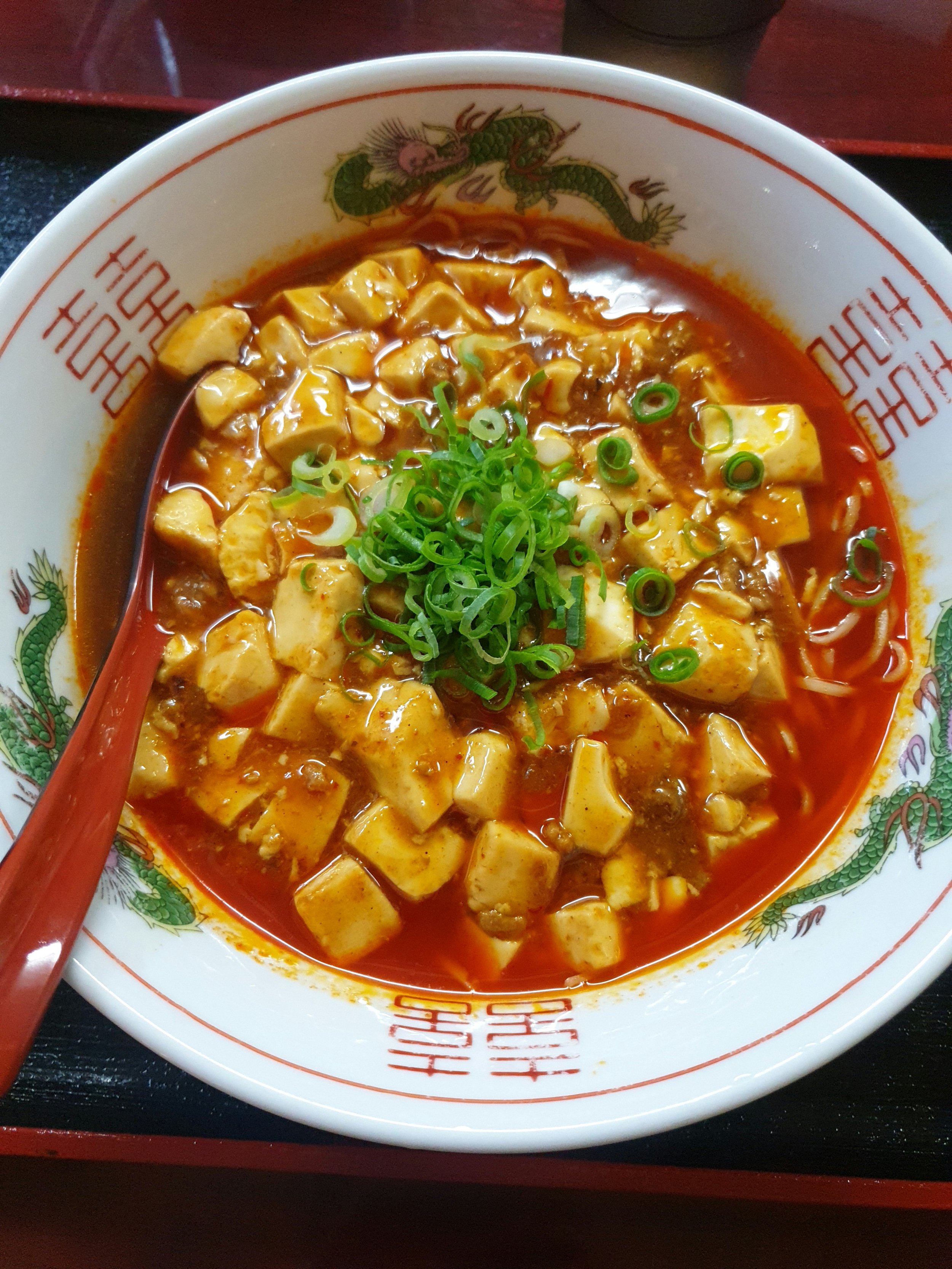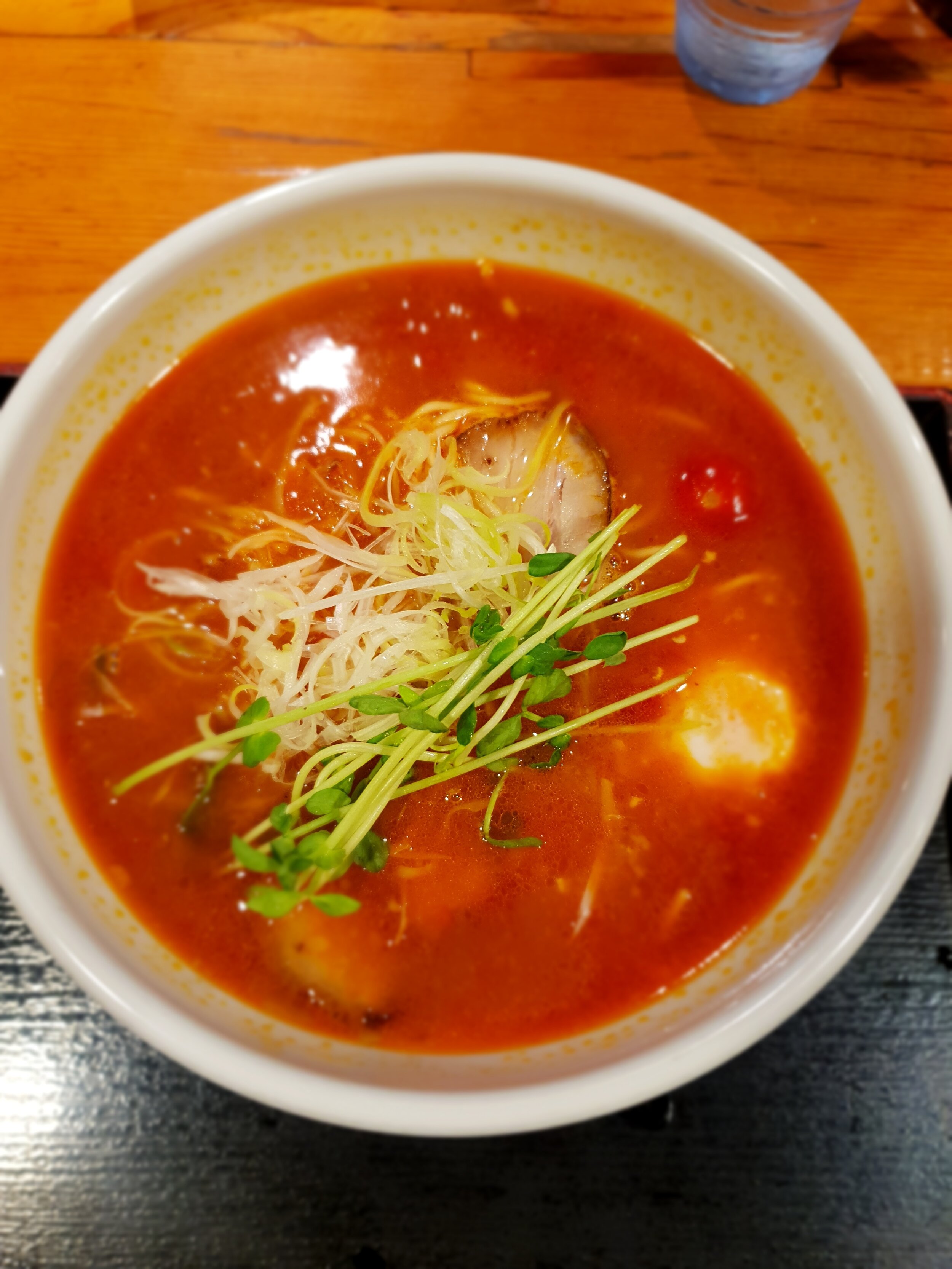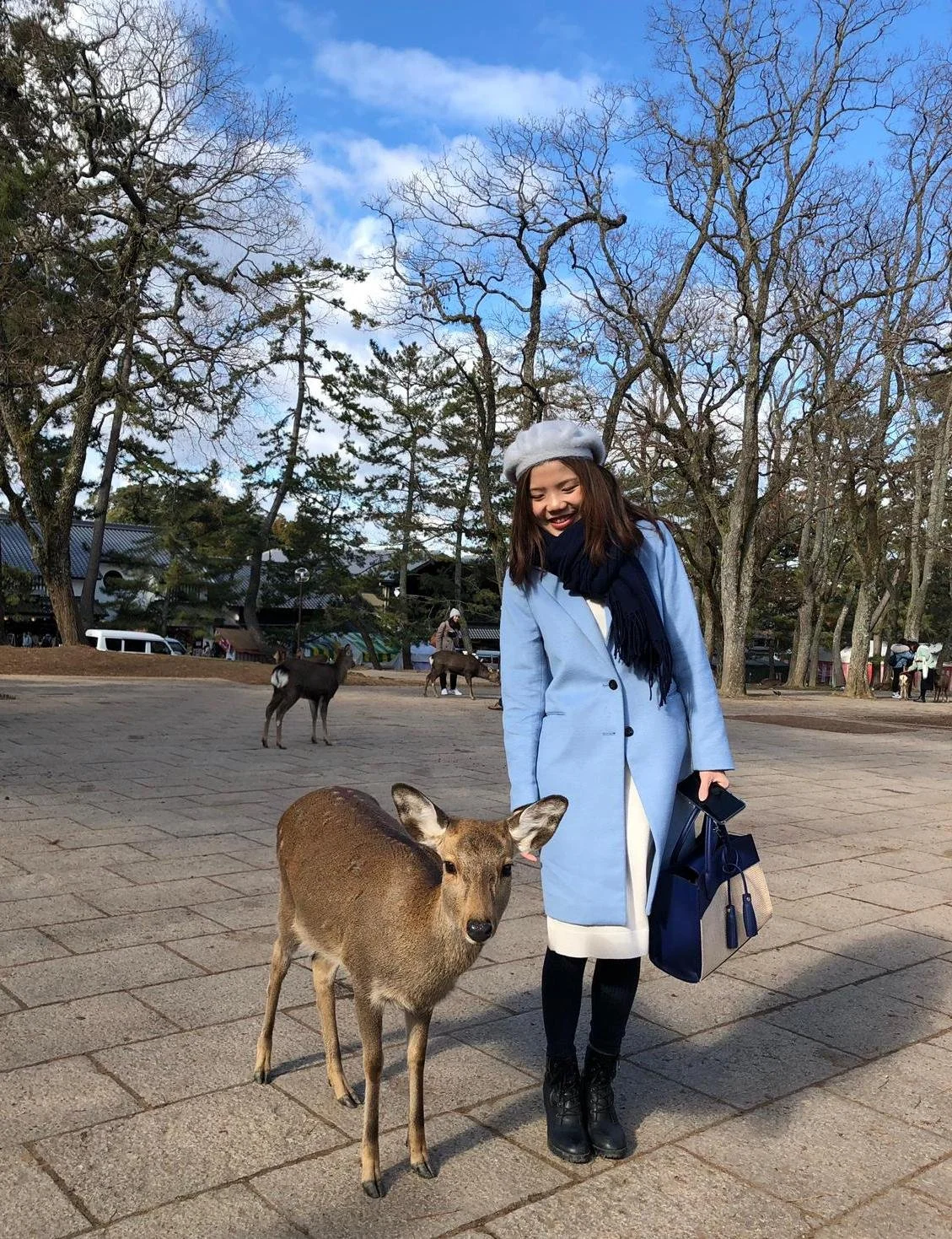A Singaporean's Experience: Life in Japan as a Foreigner in her 20s
If you are in your early 20’s, you are probably on the lookout for career options upon completion of your diploma or university education. In your mid-twenties, you are probably comfortably settling in your first or second full-time job. Now that international borders are opening up, have you thought about venturing overseas and widening your horizons? Or have you thought about living in Japan?
"You need to know how to speak and write Japanese to be able to study in Japan!" “You will be lonely as an international student in Japan.” “Living in Japan is too expensive.”
You may have heard about these common misconceptions about Japan from your friends or loved ones. But, fret not! We interviewed a Singaporean, Vernicia, who will be sharing her life experiences while studying and working in Japan. This could help you to clear up any of the misconceptions you have and find out some tips or what to expect about residing in Japan.
"Tell us more about yourself and share your personal experience while studying/working/ living in Japan!"
Hanami (flower viewing) in Hiroshima
My name is Vernicia and I am 31 years old. I worked in Kobe, Japan as an English Language Teacher at a foreign language school, from June 2018 to September 2019. I taught English and Chinese to Japanese students aged from 2 to 65 years old, specialising in individualised and small group instruction. Upon my return to Singapore, I took up Digital Marketing while teaching creative writing to primary school students as a freelance instructor. Currently, I am working as a Marketing Executive at a Japanese media company.
"Why Japan?"
From young, I have always been interested in Japanese culture and language, especially anime. Over the years, watching anime gradually piqued my interest in the language. My love for Japan deepened when I visited Japan on a school exchange trip during my first year in junior college. Feeling inspired upon my return to Singapore, I took classes at a Japanese language school. My previous career also allowed me to visit major Japanese cities quite often. Few years down the road, I received an opportunity to work in Japan as an English Language Teacher. After 9 months into the job, I decided to convert to working part-time and studying full-time instead. I enrolled myself into a Japanese Language School and obtained my JLPT N2 certification (Japanese Language Proficiency Test) after 6 months. Looking back, I am glad to have taken the big leap to relocate overseas, and experienced living in Kobe, Japan for about 1 and half years.
JLPT is a test by the Japan Foundation and Japan Educational Exchanges and Services to evaluate and certify Japanese language proficiency for non-native speakers like us, and it consists of 5 levels - N1, N2, N3, N4 and N5, with N5 being the lowest and N1 being the highest level of certification.
Himeji Castle, Kobe
“How is the working culture in Japan compared to Singapore?”
My fellow teachers were experienced Singaporean educators. Our predecessors were also mostly Singaporeans. The school principal is no stranger to Singaporeans. He was a foreign news correspondent who worked in Singapore for several years. My students were also friendly and positive, it was a joy to go to work every day.
My advice to Singaporeans who plan to work in Japan would be to exercise a little more tact and patience in communication as we may tend to speak fast and come off as abrupt. More importantly, one should be humble and show consideration to others.
“What was your most memorable experience while studying/working in Japan?”
Determined to improve my Japanese language skills, I signed up for free one-to-one Japanese classes at Kobe International Community Center (KICC), prior to enrolment in a Japanese language school. This is similar to community centres which you can find in each city. Japanese retirees volunteer at the centre to interact with foreigners and teach them Japanese language, they even conduct cultural activities such as origami class. I had the honour of meeting a kind retiree who met up with me weekly to impart his knowledge. He also took me on sightseeing trips around Kobe. At another volunteer centre, I also got to hone my Japanese conversation skills with natives and also made friends with foreign students hailing from China and Taiwan.
Autumn in Kobe
“Did you experience homesickness? If yes, how did you manage it?”
As a seasoned traveller and frequent visitor of Japan, I was able to settle down and adapt to my new life quickly. During my stint as an English Language Teacher, I worked with 2 Singaporean colleagues and stayed with them in the same house. It was great to speak Singlish in a foreign city. However, I moved out later on, kept myself busy with studies, and spent my free time hanging out with new friends. We often gathered to study, cook and have meals together. Thanks to my Taiwanese friend, I even got to enjoy bubble tea every now and then.
Okawa River, Osaka
"What are some tips you would give to aspiring students or adults who wish to study/work in Japan?"
As a foreigner relocating to Japan, you have to do your own research, with regards to the respective region of Japan which you are moving to. It may be in the heart of busy cities such as Tokyo and Osaka, or the peaceful suburbs (kogai) which offer similar amenities with a lower cost of living. If you love nature and enjoy quietness, you may want to try living in the countryside.
Nevertheless, here are some pointers for you to consider before making the big move.
Pick up basic Japanese conversational skills and social etiquette
You will need to communicate with the locals at public places such as supermarkets, restaurants or even ask for directions. Read up on basic Japanese social etiquette such as daily greetings, Japanese work etiquette and culture. It will be greatly helpful in interacting with your teachers, peers, employers and colleagues.
Research on the respective Japan prefecture/region where you are moving to
What is the living environment/conditions like? Fun fact: Each prefecture has different guidelines on waste disposal and recycling. Be sure to read up and do the right thing.
Set aside sufficient funds to settle down in Japan.
Start planning your budget for school fees and living expenses. You can work part-time while studying, if you can cope with juggling part-time work and studies. Nevertheless, it is important to manage your finances.
As a tourist, I was willing and able to spend on pricey food at tourist spots or famous restaurants. However, it is definitely more affordable to cook your own meals if you are living in Japan. Fresh produce is readily available at supermarkets, personally I enjoyed exploring the different supermarkets in my neighbourhood and planning my menu for the week. Who knows, you may just discover your cooking talent and become a good cook!
Prepare yourself to adapt to weather changes between seasons
Unlike Singapore or other Southeast Asian countries, there are 4 seasons in Japan. In spring and autumn, you will enjoy strolling through the streets and admiring beautiful sceneries. In summer, However, the high humidity and temperature may become quite uncomfortable. You may also encounter torrential rains, typhoons, floods, earthquakes and tsunamis during your stay. Therefore it is encouraged to read weather forecasts daily.
All in all, you should keep an open mind and enjoy making new experiences. You can go to your city town council and sign up for community activities. Make new friends and practise your Japanese language skills. Save up to go on day trips or short vacations during your school or work vacation.
“Share some recommendations with us! How about your must-visit restaurants in Japan?”
I am not a fan of beef, but you certainly should try Kobe Beef. Kobe is a vibrant city with a good mix of traditional Japanese and fusion cuisines. Personally, I enjoyed Chuka Ryori 中華料理 (Japanese Chinese cuisine) — Chinese delicacies such as ramen, gyoza, and mapo tofu, which were introduced from China to Japan but have been adapted over the years to suit Japanese taste. I personally love the mapo tofu.
If you are a fan of ramen, you should check out Ramen Taro. Each region has its own ramen style in Japan. Kobe’s rendition of ramen is a thick and creamy shoyu tonkotsu soup with thin noodles. Ramen Taro serves Japanese-style kimchi, instead of the usual pickled beansprouts you would expect at a ramen store. If you prefer a lighter soup base, do try their Tomato soup, a bowl of goodness which will warm your soul.
Lastly, know your neighbourhood like the back of your hand, you might discover a rare gem or two.
Mapo Tofu, Tomato Ramen (Ramen Taro)
“What are some of the places that are worth visiting?”
While living in Kobe, I took day trips and short vacations to nearby cities such as Osaka, Kyoto, Nara, Hiroshima and even Tottori (Yes, I am a fan of Detective Conan). Japan is home to scenic landscapes, cultural landmarks, heritage museums, abundant dining/shopping/entertainment attractions, there is always a place to fit each individual’s needs and preferences. Take your time to plan your itinerary, be it a relaxing onsen getaway, a hike up Mount Rokko or gather your friends for a picnic/hanami at the neighbourhood park.
Hokuei Town (Conan Town) in Tottori
Deers at Nara Park
Study In Japan
Feeling inspired after this read and want to learn more? Contact Study in Japan SG team if want to know more in-depth information about studying or working in Japan!
Study in Japan is an educational consultancy who aims to actively help and advise foreign students, especially Singaporeans, who are keen to explore studying in Japan. Their dedicated Study in Japan team of consultants is made up of Singaporean and Japanese staff.
In collaboration with some educational institutions in Japan - Japanese Language Schools, Universities and Professional Training Colleges, they are hosting free webinars from 18th to 26th June 2022 for you to gain deeper insights on what it takes and how it is like to study in cities such as Kyoto, Tokyo, Beppu, Nagoya, Okinawa and Sapporo!
For more information & registration for the webinars, click here.
Enjoy reading our articles? Check out others below!


